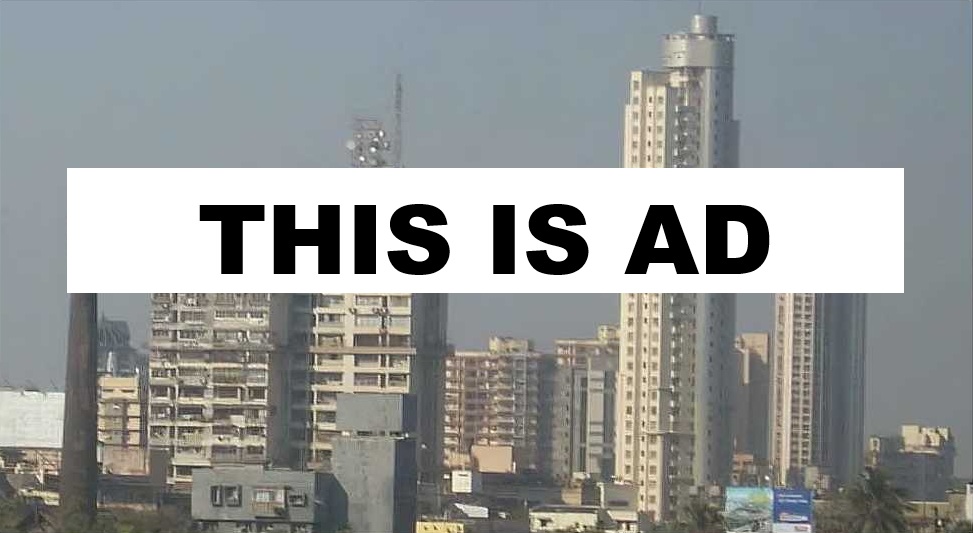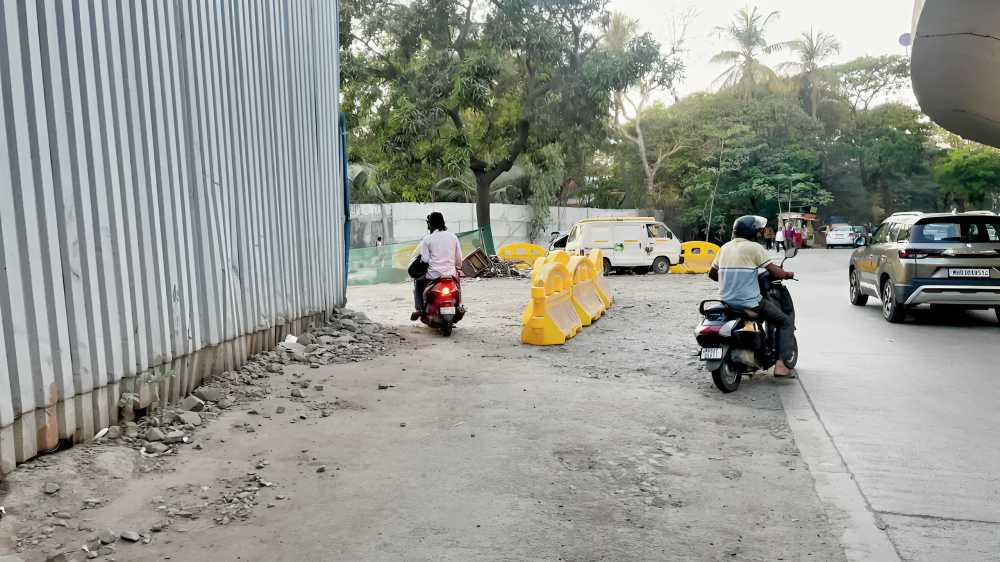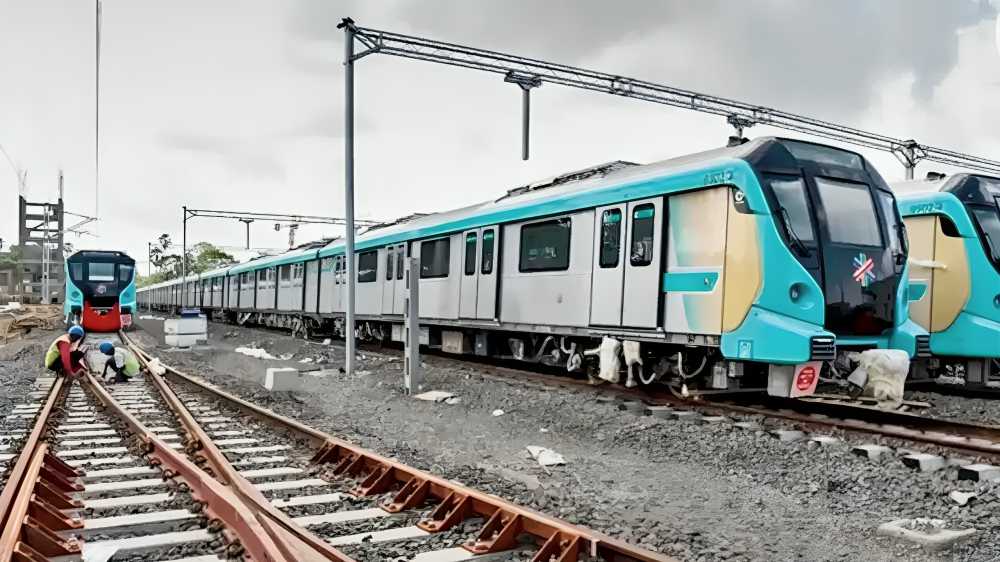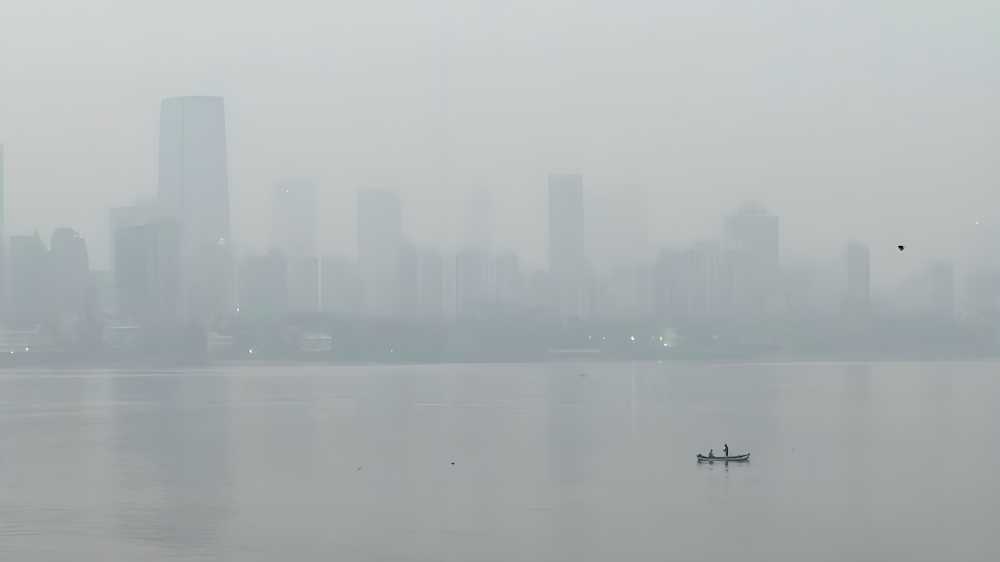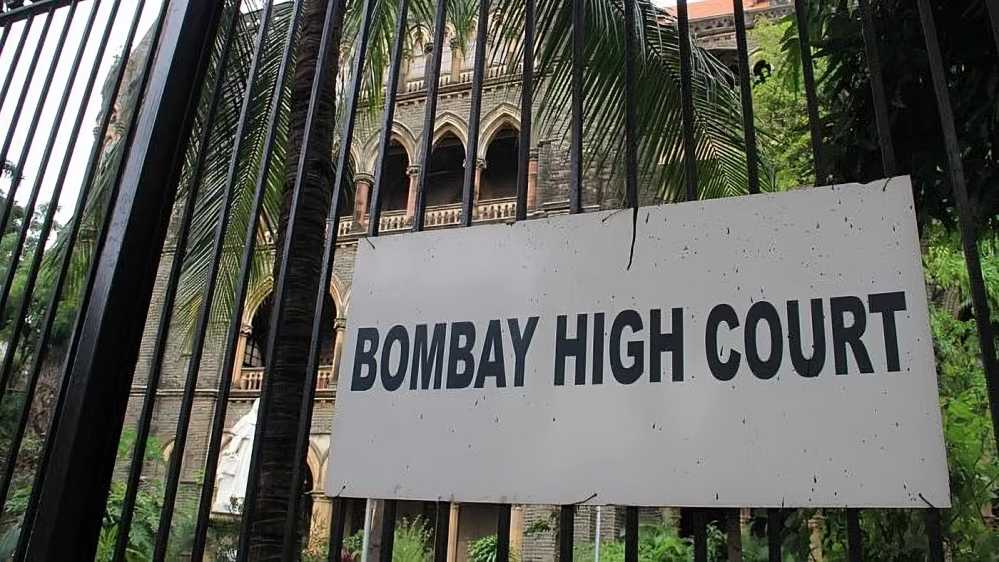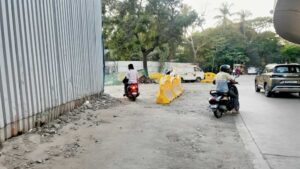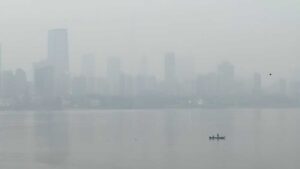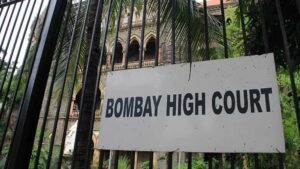July 22, 2025: For decades, small rooms in Mumbai’s chawls, known as gavkiche ghar (village shelters), have offered rural families a reliable place to stay during city visits for work, education, or healthcare. One such room, Room No. 29 in Vakadi Chawl on New Prabhadevi Road, has served generations of villagers from Dolegaon in Satara district.
These spaces were built on community trust and collective contribution. In 1998, twelve Dolegaon villagers formally agreed to entrust one member with coordinating the room’s redevelopment—not its ownership. But now, that trust is under threat.
Santosh Godse, a 45-year-old farmer from Dolegaon, filed a police complaint on July 11 alleging that the entrusted villager sold the unit to a private company without informing the others. “People would stay for a few days, a few weeks, sometimes even months. No one was turned away,” said Godse.
Senior police inspector Rajendra Awadh confirmed the FIR and said the investigation is in its early stages.
As legal proceedings unfold, Dolegaon’s villagers are rallying to save their city shelter. Other gavkiche ghars continue to function as intended. In Chinchpokli, Room Nos. 175 and 176—originally bought in 1945 for 50 paise each—still house migrants from Belmachi village.
Modern upgrades have raised rents from Rs 150 to Rs 400, but community support remains unchanged. “Thanks to our forefathers, each of us pays just ₹400 a month,” says finance professional Abhijeet Jadhav.
Some shelters, like Shelap Gramastha Mandal’s, have transitioned to high-rises following redevelopment. “Our expenses have shot up,” says resident Mahendra Tejam, “but the trust, the unity—you cannot put a price on that.”
Across Mumbai, gavkiche ghars are more than just shelters—they are symbols of shared heritage and solidarity.
Sorce: Hindustan Times







